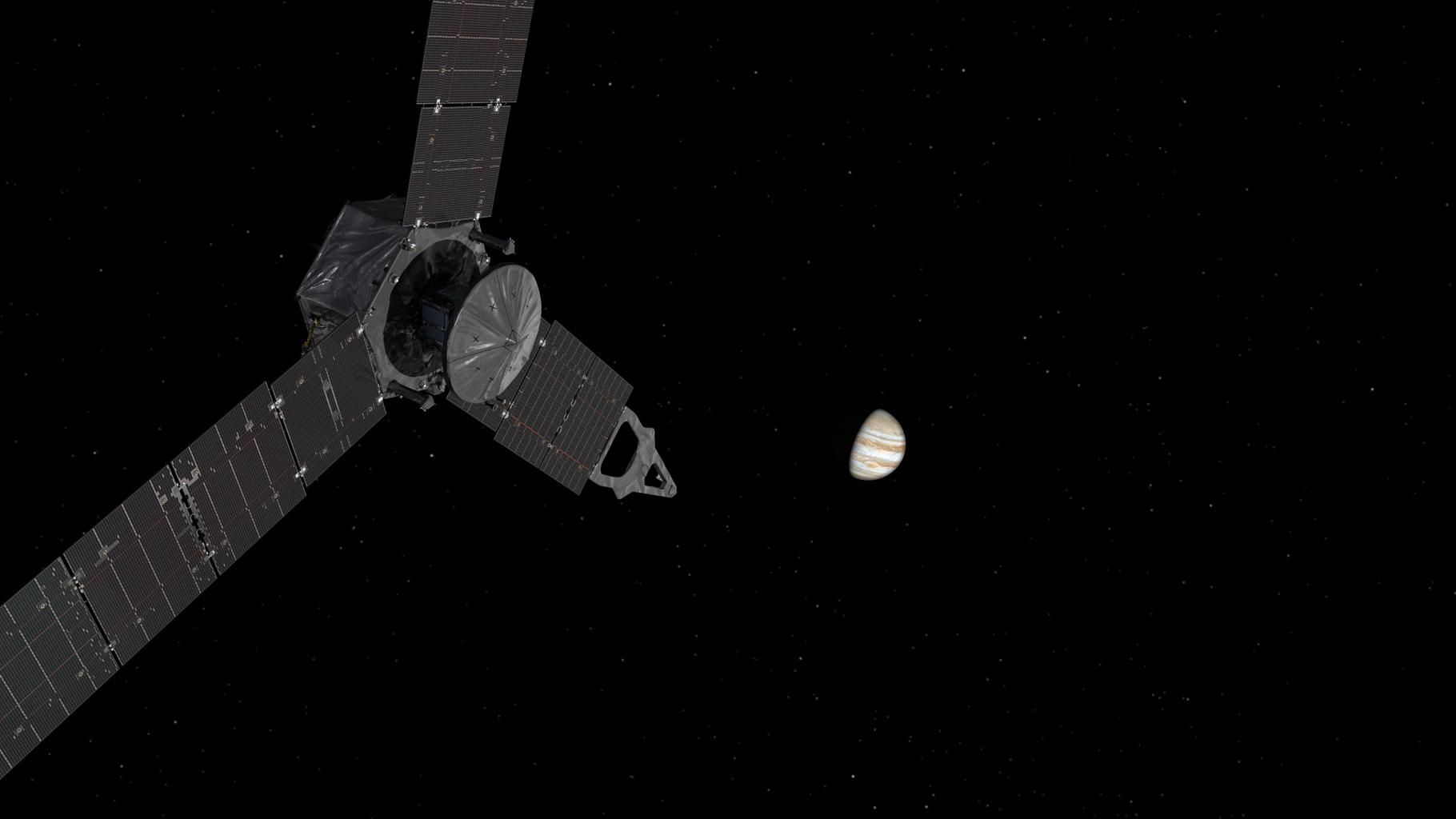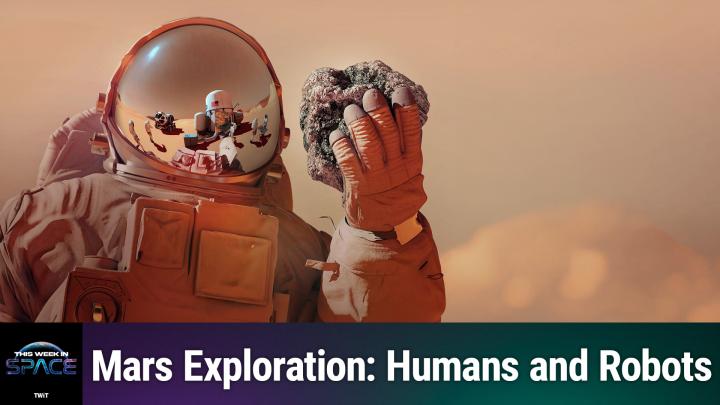Juno Probe Now on Autopilot Ahead of July 4 Jupiter Arrival

Breaking space news, the latest updates on rocket launches, skywatching events and more!
You are now subscribed
Your newsletter sign-up was successful
Want to add more newsletters?
NASA's Juno spacecraft is now flying solo ahead of its highly anticipated July 4 entry into Jupiter orbit.
On Thursday afternoon (June 30), Juno's handlers sent a command to the spacecraft known as "ji4040," which is designed to transition the probe into autopilot mode, NASA officials said.
"Ji4040 contains the command that starts the Jupiter orbit insertion sequence," Juno mission manager Ed Hirst, of NASA's Jet Propulsion Laboratory in Pasadena, California, said in a statement. "After the sequence executes, Juno is on autopilot. But that doesn't mean we get to go home. We are monitoring the spacecraft's activities 24/7 and will do so until well after we are in orbit."
The major element of the Jupiter orbit insertion (JOI) sequence is a 35-minute engine burn, which Juno is scheduled to perform on Monday night (July 4). This burn should slow the spacecraft down enough to be captured by Jupiter's powerful gravity.
"If that doesn't all go just right, we fly past Jupiter," Juno principal investigator Scott Bolton, of the Southwest Research Institute in San Antonio, said during a news conference Thursday.
Juno is currently about 534 million miles (860 million kilometers) from Earth, which explains why JOI cannot be controlled from Earth as it happens. It takes light 48 minutes to travel this distance — longer than the duration of the engine burn.
The $1.1 billion Juno mission launched in August 2011. If all goes according to plan Monday night and thereafter, the spacecraft will orbit Jupiter more than 30 times, studying the giant planet with a suite of nine science instruments.
Breaking space news, the latest updates on rocket launches, skywatching events and more!
The Juno team aims to map Jupiter's magnetic and gravitational fields and characterize the gas giant's internal structure. This latter information should yield insights into how Jupiter formed and evolved, mission team members have said.
The mission is scheduled to last until February 2018, when Juno will plunge intentionally into Jupiter's thick atmosphere (to make sure the probe doesn't contaminate any ocean-harboring Jovian satellites, especially Europa).
Follow Mike Wall on Twitter @michaeldwall and Google+. Follow us @Spacedotcom, Facebook or Google+. Originally published on Space.com.

Michael Wall is a Senior Space Writer with Space.com and joined the team in 2010. He primarily covers exoplanets, spaceflight and military space, but has been known to dabble in the space art beat. His book about the search for alien life, "Out There," was published on Nov. 13, 2018. Before becoming a science writer, Michael worked as a herpetologist and wildlife biologist. He has a Ph.D. in evolutionary biology from the University of Sydney, Australia, a bachelor's degree from the University of Arizona, and a graduate certificate in science writing from the University of California, Santa Cruz. To find out what his latest project is, you can follow Michael on Twitter.
